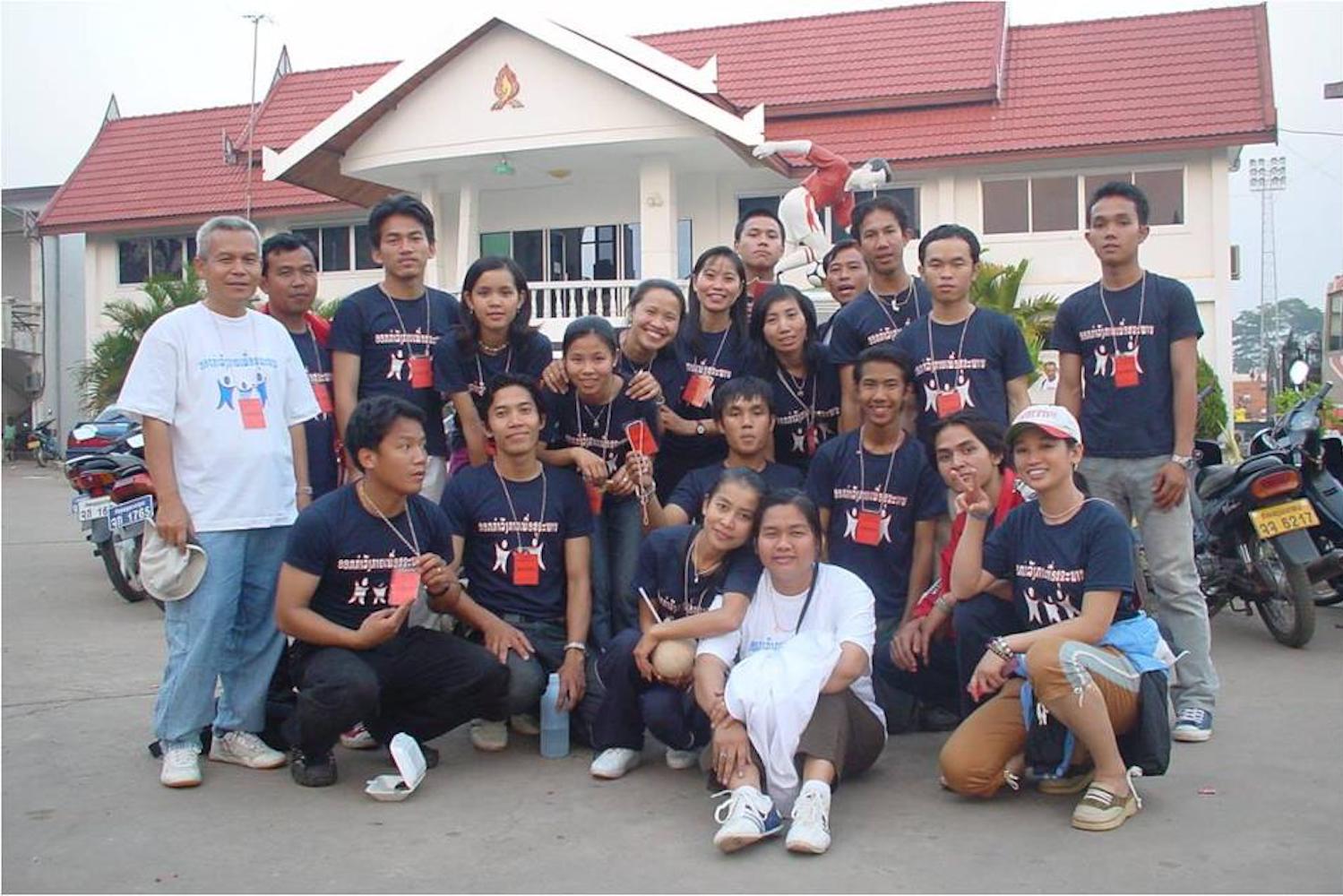ASEAN Meeting Should Highlight Disappeared Leader Sombath Somphone, Denial of Liberties
(Bangkok, August 31, 2016) – On the eve of the annual ASEAN leaders summit in Vientiane, human rights and advocacy groups called upon the Lao PDR Government to commit to address its widespread violations of human rights, including instances of enforced disappearances and arbitrary detention. Visiting world leaders have a unique opportunity to publicly raise human rights concerns during the ASEAN summit in Vientiane from September 6-8. They should press the Lao government to cease the abuses that have consistently placed Laos at the bottom of rig hts and development indexes measuring rights, press freedom, democracy, religious freedom, and economic transparency.
A t the press conference organized today by The Sombath Initiative at the Foreign Correspondents Club of Thailand in Bangkok, the groups released briefing papers on forcibly disappeared civil society leader Sombath Somphone, Laos’ restrictions on democracy and human rights, lack freedom of expression, failure to meet human rights obligations, and impacts of foreign aid and investment. Continue reading “Tackle Human Rights Abuses in Laos”
t the press conference organized today by The Sombath Initiative at the Foreign Correspondents Club of Thailand in Bangkok, the groups released briefing papers on forcibly disappeared civil society leader Sombath Somphone, Laos’ restrictions on democracy and human rights, lack freedom of expression, failure to meet human rights obligations, and impacts of foreign aid and investment. Continue reading “Tackle Human Rights Abuses in Laos”





 “Laos’ CSOs have lost face because of Sombath Somphone. We have lost the financial sources from donors because of him,” said Mr. Cher Her, vice chair of Laos’ ASCS/APF NOC.
“Laos’ CSOs have lost face because of Sombath Somphone. We have lost the financial sources from donors because of him,” said Mr. Cher Her, vice chair of Laos’ ASCS/APF NOC.



 The Sombath Initiative and Focus on the Global South are urgently seeking a Campaign Coordinator. Please see these
The Sombath Initiative and Focus on the Global South are urgently seeking a Campaign Coordinator. Please see these  Public Forum
Public Forum

